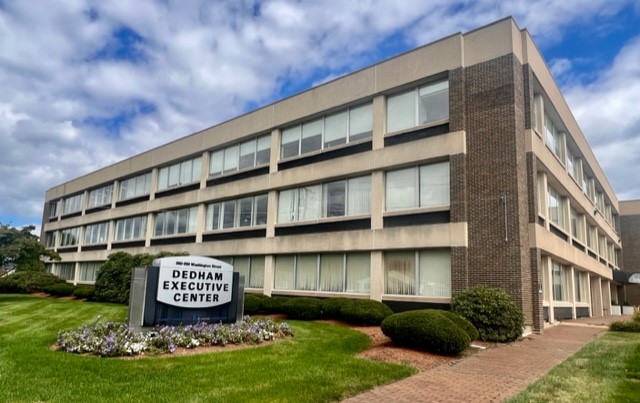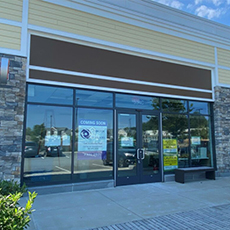Keratoconus
Keratoconus is a progressive corneal disorder that affects patients’ vision. It is a relatively common condition in which there is an abnormality in the shape of the cornea. The normal cornea consists of a round, dome-like shape that is regular and symmetric throughout. In patients with keratoconus, the cornea takes on an irregular shape that causes part of the dome to become thin and develop a cone-like bulge. This results in distortion of the cornea that blurs vision and can make certain daily activities difficult due to poor vision.
Clinical Symptoms
Although the disease is present in both eyes, symptoms are often asymmetric between the two eyes. The disease, and thus symptoms, usually start to occur in patients in their late teens and twenties. Complaints typically consist of blurring of vision, distortion of vision, or sensitivity to light and glare. As the disease progresses, patients may notice worsening vision, rapid changes in their prescriptions, or an inability to wear contact lenses.
Treatment
During the early stages of the disease, a patient’s vision can often be corrected with eyeglasses. However, as the disease progresses, contact lenses (and specifically rigid gas permeable lenses) may be required to correct the distorted vision.
The latest treatment for keratoconus is a procedure called corneal collagen crosslinking. Although not currently FDA-approved, the procedure has been performed for years overseas. Results from numerous studies have been very promising as a means for preventing further progression of the disease. It is anticipated that this procedure will be approved for use in the USA in 2012.
In circumstances when good vision is no longer possible with contact lenses, or a patient cannot tolerate contact lenses, a corneal transplant may be recommended. A corneal transplant is necessary in about 15 to 20 percent of patients with keratoconus. Of all conditions requiring corneal transplants, keratoconus has the best prognosis for clear vision.
Patients should refrain from rubbing their eyes as this can potentially make symptoms worse. Patients who have keratoconus are not candidates for LASIK, or laser vision correction, as this can exacerbate the condition and make vision worse.
Meet Our Team
The Lexington Eye Associates team is led by board-certified doctors considered to be leaders in the field of ophthalmology. Get to know us.
If you have questions or would like to book an appointment, please call (781) 876-2020 request your consultation.














